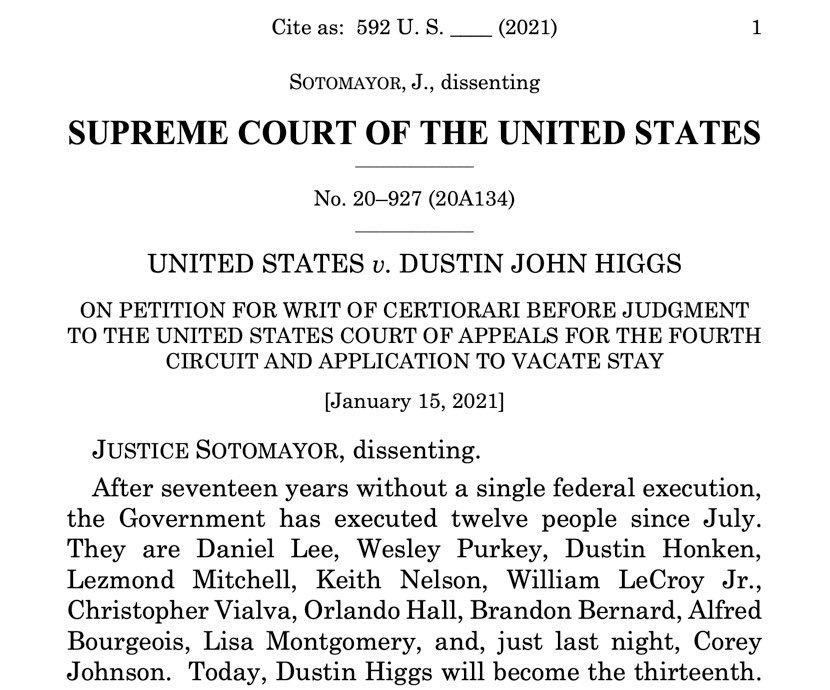
Two recent developments from TX in Clinton Young’s case:
(1) The Midland County trial court is recommending that Clinton should have a new trial.
(2) The former prosecutor who moonlighted as the judge’s clerk while also prosecuting Clinton’s case surrendered his law license.
(1) The Midland County trial court is recommending that Clinton should have a new trial.
(2) The former prosecutor who moonlighted as the judge’s clerk while also prosecuting Clinton’s case surrendered his law license.
In Clinton Young’s case, now-former attorney Ralph Petty was simultaneously working on sending Clinton to death row as a prosecutor and moonlighting as the trial judge’s paid clerk and advisor. This is a serious, completely inappropriate conflict of interest.
The Midland County trial court is now recommending that Clinton receive a new trial because the inappropriate prosecutor/clerk/advisor arrangement violated due process, presented a conflict of interest, and constituted “pervasive prosecutorial misconduct.”
The Supreme Court of Texas determined that allegations of professional misconduct levied against Petty were “conclusively established” and ordered his law license immediately revoked and canceled. Petty agreed to resign from law practice to avoid additional disciplinary action.
• • •
Missing some Tweet in this thread? You can try to
force a refresh




